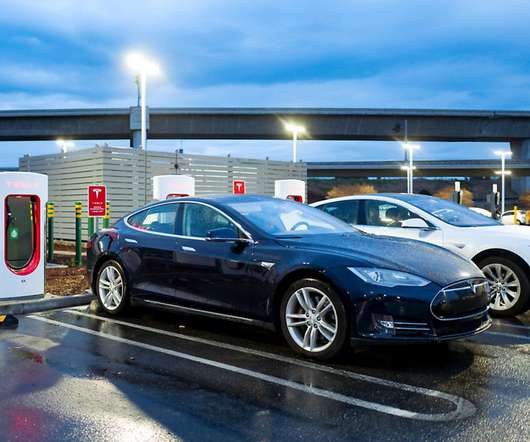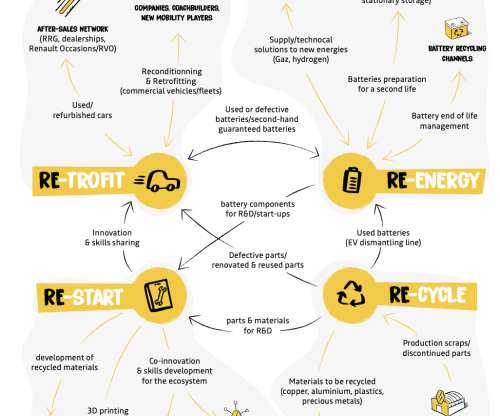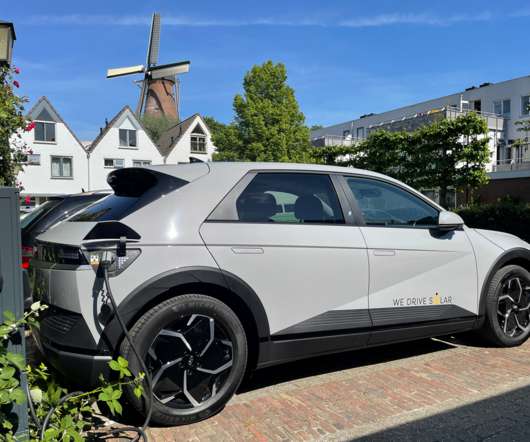EIA: US energy-related CO2 fell by 2.8% in 2019, slightly below 2017 levels
Green Car Congress
MAY 11, 2020
Overall, US energy-related CO 2 emissions have fallen 15% from their peak of 6,003 MMmt in 2007. In 2019, CO 2 emissions from petroleum fuels—nearly half of which are associated with motor gasoline consumption—fell by 0.8%, and CO 2 emissions from the use of natural gas increased by 3.3%.
































Let's personalize your content